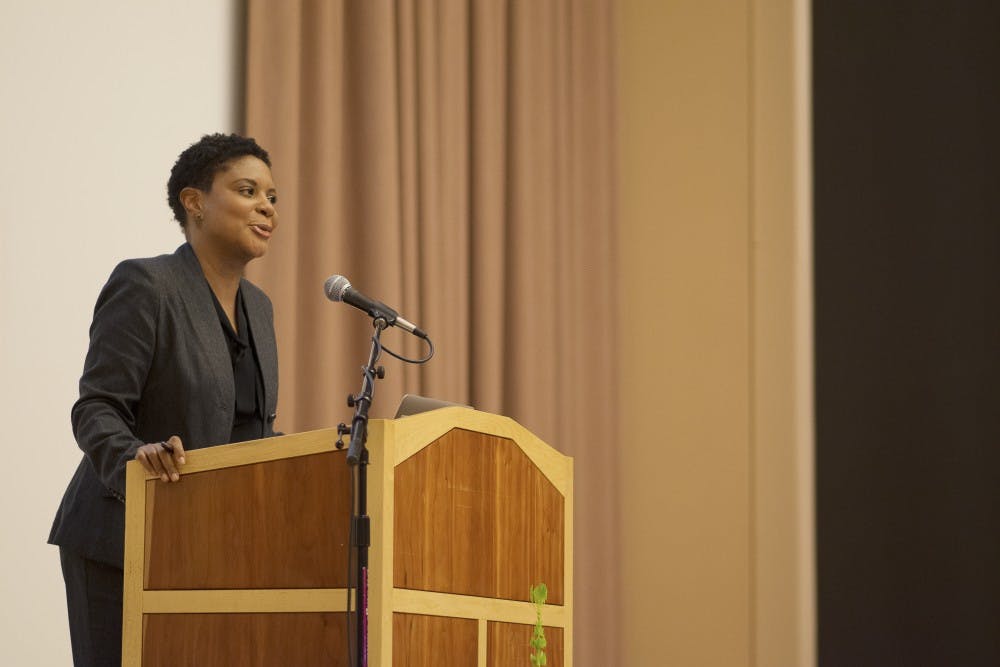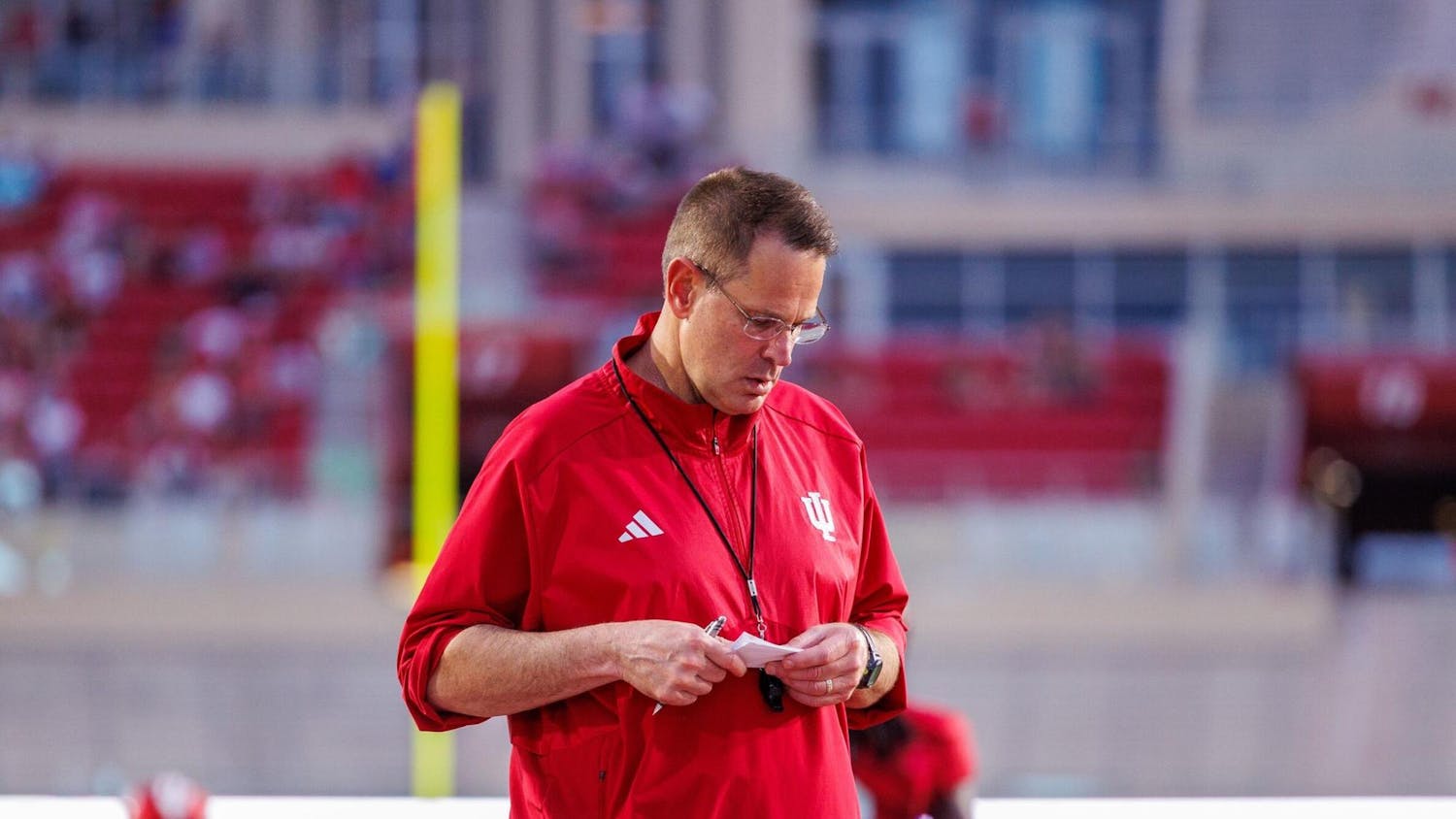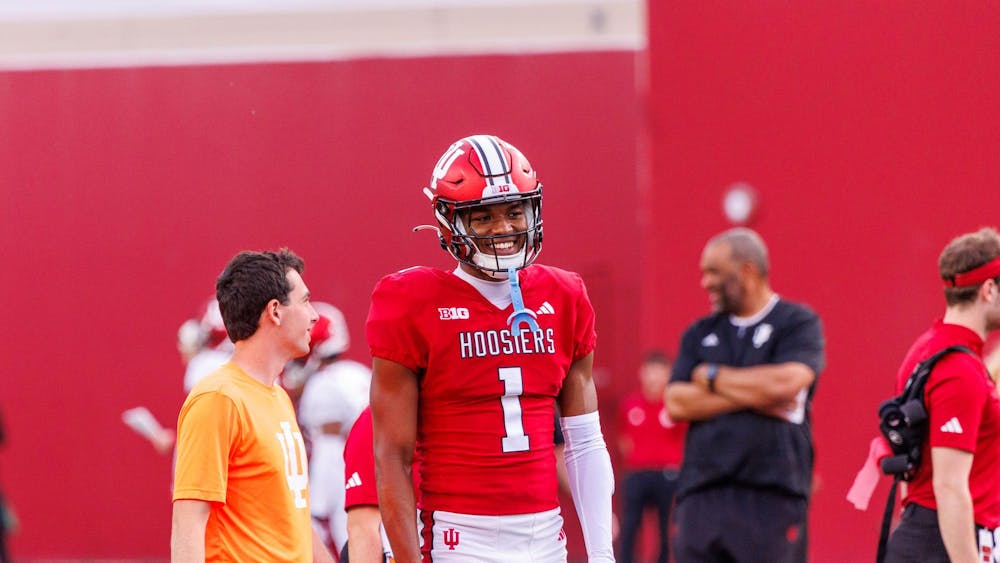The family tree kids draw in elementary school just got a lot more complicated.
Sociologist Alondra Nelson talked DNA-based genealogical testing and racial politics at the Neal-Marshall Black Culture Center on Thursday night.
Nelson, a professor of sociology at Columbia University and president of the Social Science Research Council, talked of her ongoing research on the interplay of race, science and medicine. Her most recent book, "The Social Life of DNA: Race, Reparations and Reconciliation After the Genome," looks at the ways genetic ancestry testing allows African Americans to reconnect with heritage that may have seemed lost because of the slave trade, according to a release announcing her visit.
Nelson said part of her project and research on genetic analysis was looking at not only what people's results are, but also what they do with the results after they've gotten them.
She said genetic analysis and DNA testing has become more popular in the last decade. She referenced a similar time in the 1970s, when the popular television series "Roots" hit the small screen.
"Why is this 'Roots' moment sticking?" she asked, adding that she wanted to find out.
She walked the audience through a series of topics, looking at consumer ancestry testing, which spurred the popularity of "finding your roots" and how genetic analysis has also sparked "reconciliation projects," Nelson said.
Reconciliation projects, Nelson said, are sites and practices in which genetic analysis is put to the task of resolving controversies or answering questions about the past.
Marissa Moss, a junior studying history, said the identity politics side of the talk stood out to her after she bought a DNA test for her dad.
She said through the kit they found out one side of her family was predominantly from South Africa, and the other from Central Africa.
"It was like a huge identity thing for a second because it's like, 'Oh my goodness, South African, that's cool,'" Moss said. "But then again, you have to remember that they were also brought here so how much can I really claim that identity?"
Nelson said these DNA testing kits can be limited, but also powerful.
"The estimate for mitochondrial DNA testing is 1 to 2 percent results," Nelson said. "So, you're getting sides of the pie, but not any ancestors in between."
But in the United States, because of the cultural importance of surnames, Y chromosomes can trace families by their surname.
She also discussed the political instances and implications used in DNA testing. She cited a 2002 case, Farmer-Paellmann vs. FleetBoston, which placed the importance of DNA testing in reconciliation projects in the spotlight.
The case was a lawsuit filed with 8 plaintiffs against 21 multinational corporations that were said to in some way still be in existence due to profiting from the slave trade at some point.
The case was dismissed, saying genealogical relationships to African Americans did not hold any true significance to these corporations, but it forced the court to say something about what DNA testing can do.
She said it was an important moment in which the court had to deal with the reality of DNA testing, that it could connect back to encourage slave reparations.
"We needed to understand it to keep a drum beat going," Nelson said.






